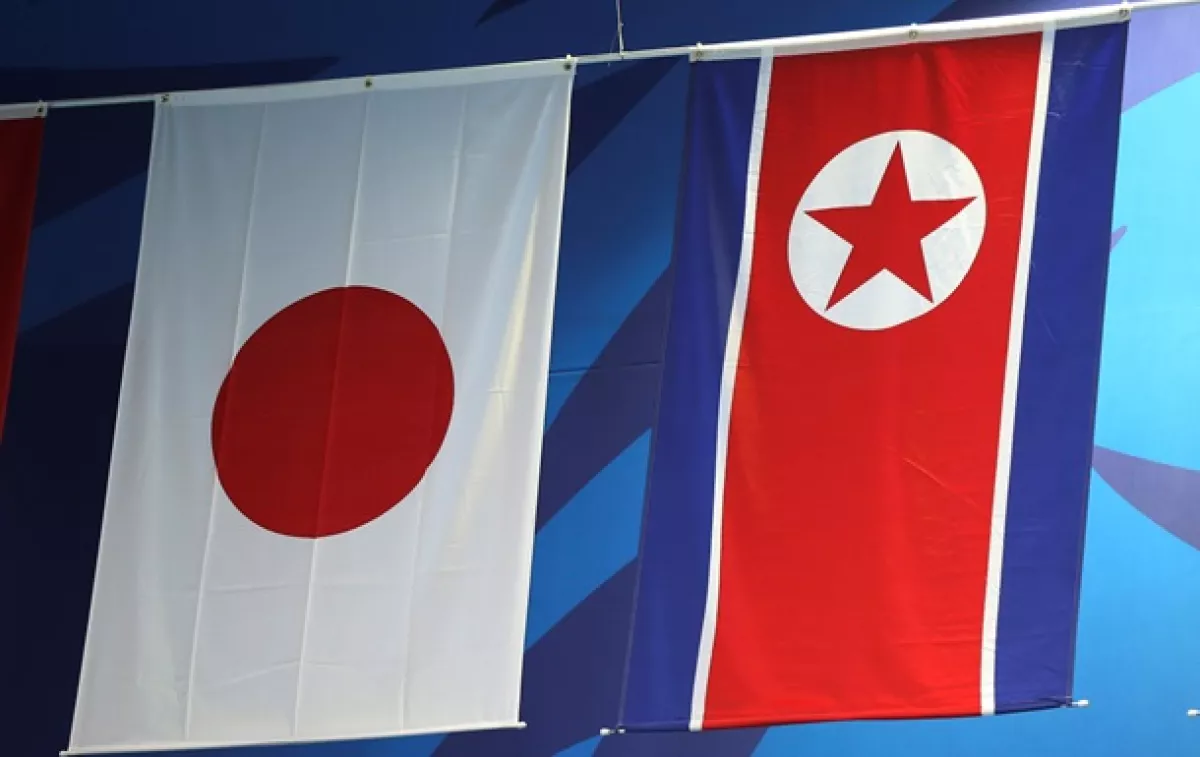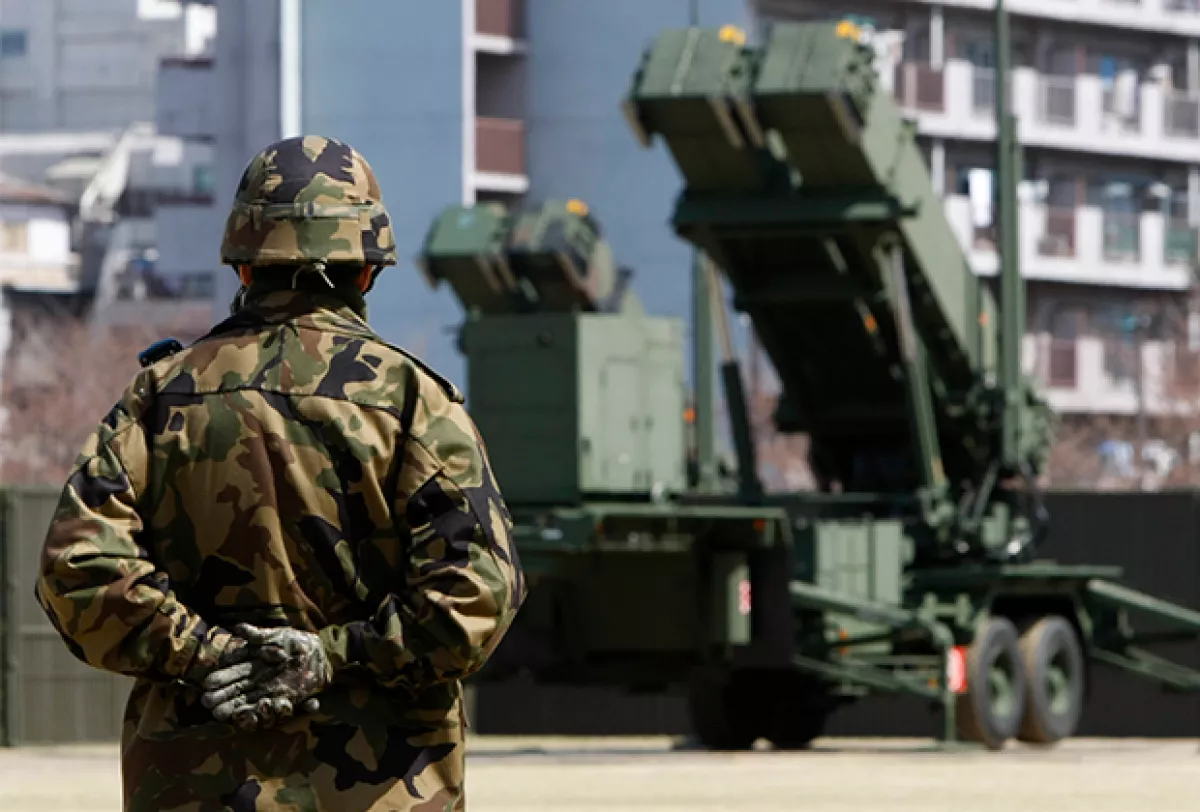Japan’s nuclear dilemma amid North Korea’s missile tests Might Tokyo challenge its NPT commitments?
The already tense relations between Japan and North Korea may be heading toward a new escalation. Last week, South Korea’s largest news agency, Yonhap, citing military sources, reported that North Korea had fired at least one unidentified ballistic missile toward the Sea of Japan.
Meanwhile, Japan’s Maritime Safety Agency, which functions as the coast guard, reported a missile launch by Pyongyang, and eight minutes later, issued information about its impact. In response, Chief Cabinet Secretary Minoru Kihara stated that Japan had lodged a protest with North Korea through diplomatic channels in Beijing regarding the missile launch.
“We believe North Korea may continue provocative actions such as launching various missiles, satellites, and conducting nuclear tests,” he said.
According to Japan’s Ministry of Defense, the missile was launched from North Korea’s western coast toward the east, covering more than 450 km with a maximum altitude of 50 km. This marked the sixth missile launch by North Korea this year. The previous launch occurred on October 22, when Tokyo reported that the missile had landed outside Japan’s exclusive economic zone.

Tokyo and Pyongyang have no diplomatic relations. Japan strongly opposes North Korea’s nuclear program, calling for its complete abandonment under international supervision. Japan justifies its firm stance by arguing that North Korea’s nuclear ambitions pose a serious threat to the national security of the Land of the Rising Sun.
Overall, Japan responds to North Korea’s actions through diplomatic and political measures, including calls to adhere to UN Security Council resolutions. However, even taking this into account, the future of relations between the two countries appears highly uncertain due to several factors.
The main reason is the low likelihood that Tokyo and Pyongyang will reach a compromise on North Korea’s nuclear program. North Korea will likely continue to expand its nuclear capabilities and conduct missile tests, especially in the context of the Japan–US–South Korea military alliance.
The Japanese government is fully aware of this and is therefore considering the possibility of developing its own nuclear arsenal, even though Japan, a country that suffered atomic bombings during World War II, has maintained a non-nuclear stance and was among the first to sign the Treaty on the Non-Proliferation of Nuclear Weapons (NPT). Japan’s policy is guided by the “Three Non-Nuclear Principles”—not possessing, not producing, and not allowing the introduction of nuclear weapons—while supporting the peaceful use of nuclear energy to ensure energy independence.
However, amid growing international tensions, discussions in Japan about developing nuclear weapons have intensified. These debates are linked to concerns over the rising power of China, North Korea’s missile program, and, according to some experts, insufficient security guarantees within the existing alliance with the United States.
As Reuters reports, debates over nuclear weapons in Japan have been reignited by the unpredictable policies of the US president toward allies. For instance, The Japan Times noted in March 2025 that Trump described the security treaty between the US and Japan as unfair, stating that it obliges the US to defend Japan but does not impose similar obligations on Tokyo.

This issue has apparently caught the attention of Japanese policymakers. In August of this year, former Deputy Minister of Defence Rui Matsukawa expressed the need to develop a “Plan B,” which could include achieving security independence and moving toward nuclear weapons. According to her, discussions with dozens of lawmakers and officials indicate a growing willingness to reconsider the Three Non-Nuclear Principles established in 1967.
Notably, as the bombings of Hiroshima and Nagasaki recede further into history, public opinion in Japan is also beginning to shift. Reuters cites a March poll showing that 41% of respondents supported revising the Three Non-Nuclear Principles, compared with 20% three years ago.
Thus, considering the factors outlined above, it is likely that the topic of developing Japan’s own nuclear weapons will emerge more frequently in public and political discourse. However, for such a strategic move to materialise, Japan would need to withdraw from the NPT and secure US approval, which seems unlikely, as the US, under its security cooperation agreements, is obligated to defend Japan, eliminating the need for Tokyo to possess its own nuclear arsenal. As a result, the nuclear issue in Japan may linger unresolved for a long time.








